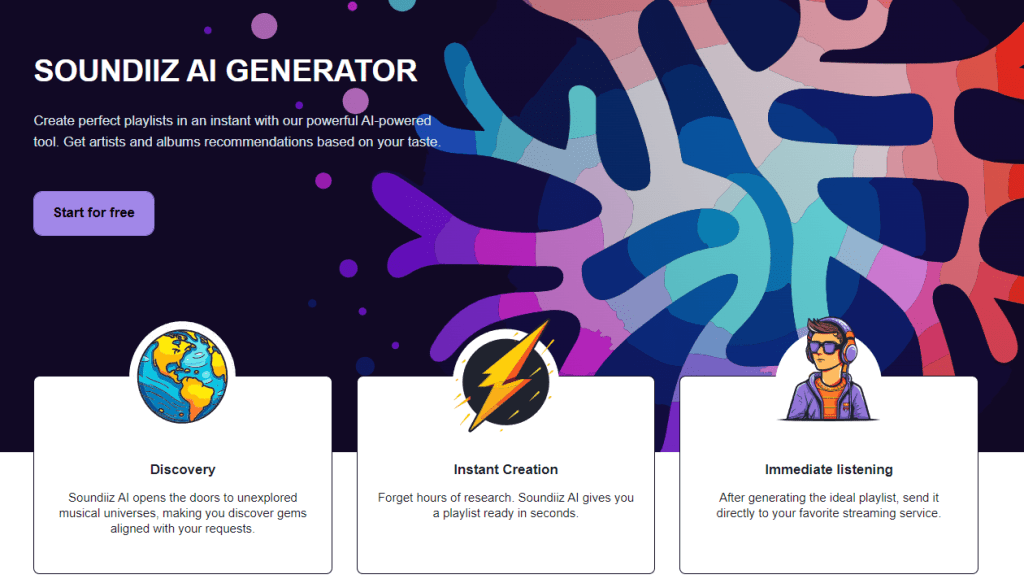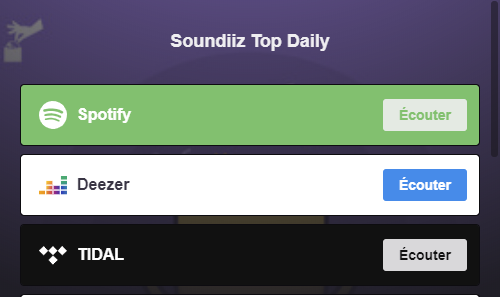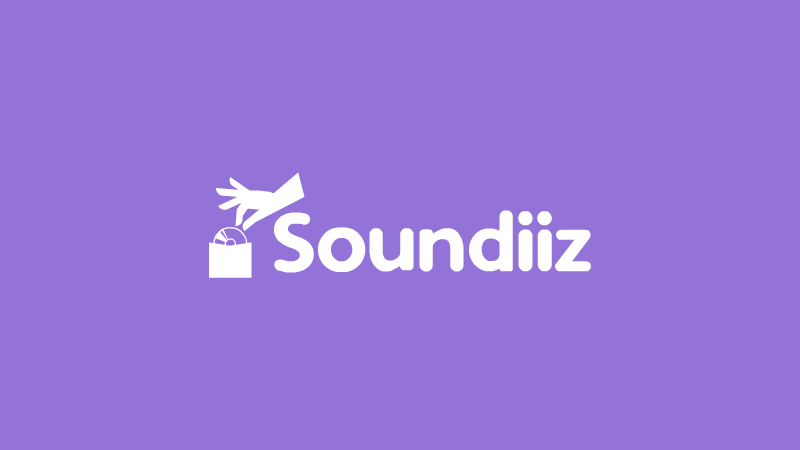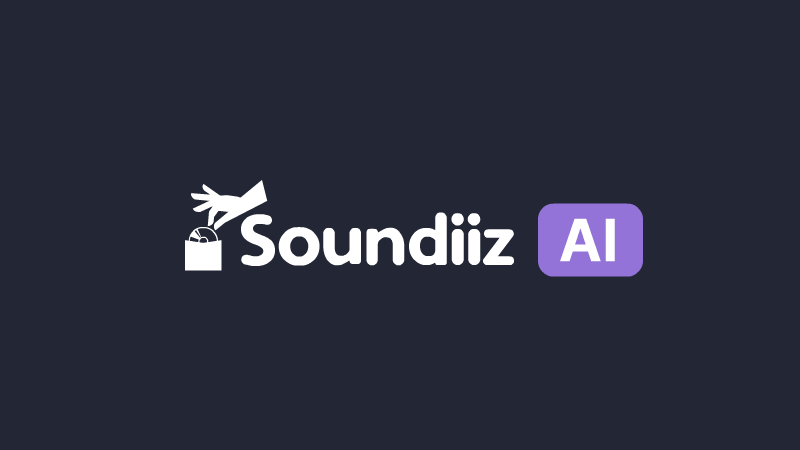The Impact of AI on Music Streaming on Soundiiz’s blog: Episode 4535621. For several months, we’ve been covering the evolution of the latest Artificial Intelligence technologies, both to highlight its contradictions and its positive advances. This week, a story has been generating a lot of buzz, involving Spotify and a long-deceased musician. Did Spotify publish AI-music on a deceased artist’s page? We’re lifting the lid on the whole story!

Who is Blaze Foley?
Let’s put it simply: Blaze Foley is considered by fans of the genre to be a country music legend. The author of albums that have gone down in history, he has been marked by a life filled with hardships, giving him the status of an almost cursed artist. He was discovered late in life, and like many artists, he only achieved fame after his death. His music is thus tinged with a unique aura.

He began singing gospel in his native Arkansas. Music allowed him to forget the daily life where his father was drowning in the temptation of alcohol. Years of wandering on the road followed: Blaze crisscrossed the country starting in 1975, performing wherever his travels took him. He joined a hippie commune, met his muse, Sybil Rosen, lived in a cabin, and experienced some setbacks.
Troubles
His life was a series of hardships, from his father’s struggle with alcohol to his battles with addiction. Despite his talent, success eluded him, and he lived a nomadic life, performing wherever he could. His addictions made it increasingly difficult to hold his concerts, his only means of earning a living. Tired of his excesses, venue owners barred him from performing. Blaze was forced to perform where audiences were less discerning, hanging out with the marginalized and the disenfranchised.
However, a little light emerged from the shadows. He recorded albums, including the self-titled Blaze Foley, released in 1983 to total indifference. His last album, Live At The Austin Outhouse, was recorded a month before he died in 1989. He died after being shot by a friend’s son, in circumstances that remain unclear. The killer pleaded self-defense and escaped unharmed. Blaze’s funeral brought together homeless people and friends also trapped in the hell of alcohol, and has since become the subject of many stories.

After his death, Blaze Foley’s talent was finally recognized. The public celebrated his raw and sincere songs, and his life was even brought to the big screen in 2019. The singer is played by Ethan Hawke, who also directed the film and wrote the screenplay with Sybil Rosen. It was a chance to give Blaze Foley the recognition he deserved, finally.
Did Spotify publish AI-generated music on a deceased artist’s page?
Last week, Spotify users who subscribe to Blaze Foley’s artist page received some good news: a new Blaze song, ‘Together’, was made available. This isn’t unusual, given that the singer’s catalog has regularly been expanded with new songs and albums since his death. His estate, which manages his rights, finds, as it does for many other artists, forgotten tracks, picked up here and there, and decides to upload them. Except this time, nothing was approved in advance. And the song, titled ‘Together,’ doesn’t exist. Or at least, it’s not the work of Blaze Foley, but of Artificial Intelligence.
Generated by SoundOn, a tool developed by TikTok for creating new songs based on existing tracks, it made its way to Spotify, where it likely evaded scrutiny, if any. Blaze Foley’s estate quickly raised eyebrows: “Together” had never been approved by anyone and should have been removed from the platform immediately. They promptly won their case, but the damage had already been done.

The worst part? “Together” bore no resemblance to anything Blaze Foley had ever produced before, which was very little, and the cover art used to promote the song on Spotify wasn’t true to the singer’s image.
Did Spotify publish AI-music on a deceased artist’s page? Whose fault is it?
Spotify was quick to respond: the song was removed from its services. It violated copyright rules and didn’t comply with the restrictions imposed by the Swedish platform. But there was one problem: it still managed to pass the initial validation steps required for a song to be uploaded and was finally made available for listening.

Faced with criticism, Spotify is accusing SoundOn, a distributor that has been repeatedly criticized for its fraudulent use of copyrighted songs to create artificial tracks. SoundOn benefits from still-vague legal regulations regarding AI and has, for the moment, managed to slip through the cracks. Blaze Foley is proof of this! But then, whose fault is it? Is it Spotify, which hasn’t implemented adequate safeguards? Or is it SoundOn’s, which trains its AI with copyrighted tracks?
Validation?
Spotify defends itself for 404 Media: “The content in question violates Spotify’s deceptive content policies, which prohibit impersonation intended to mislead, such as replicating another creator’s name, image, or description, or posing as a person, brand, or organization in a deceptive manner.”

Blaze Foley’s estate and his label have pointed the finger at Spotify and have since demanded that the publication of streaming songs, particularly those involving deceased artists, undergo enhanced validation levels. This incident has highlighted the urgent need for stricter validation processes in the music streaming industry.
Recently, for 404 Media, Craig McDonald, who manages Blaze Foley’s catalog, states: “It’s harmful to Blaze’s standing that this happened. It’s somewhat surprising that Spotify doesn’t have a security fix for this type of action, and I believe the responsibility lies entirely with Spotify. They could fix this problem.”
Others warn of the dangers of SoundOn and call for its complete disappearance. Whose fault is it? The creator or the one who allowed it to exist? The answer is, of course, nuanced, but it undoubtedly lifts the veil on one of the excesses of Artificial Intelligence.
Did Spotify publish AI-music on a deceased artist’s page? What could be the consequences?
Blaze Foley’s case raises questions, especially since it’s far from isolated. And you don’t have to look far for proof: around the same time, an AI-generated song also appeared on the page of another deceased artist, Guy Clark, who died in 2016. Here, too, this new track hadn’t been approved in advance by the people managing his career.
This case highlights several elements—first, copyright protection, a central theme in discussions around Artificial Intelligence. However, this is also something less tangible: it raises questions about respect for the artist’s memory. Generating songs he didn’t compose and that haven’t been approved opens the door to the gradual erosion of his legacy and his unique approach to music. It’s as if someone were stealing something he never created. It sounds cryptic written like that, but we hope you understand where we’re going with this.

One reason for hope, though: Spotify reacted very quickly and removed Blaze Foley’s song from its platforms. And the numerous discussions the affair has generated are proof that the public is ready to defend artistic creation and doesn’t hesitate to speak out against the excesses of AI.
Can this unfortunate event strengthen AI regulations? Could something good emerge from the controversy? Let’s hope so. This is all the more necessary since Spotify is arguably the platform most criticized for its use of AI. Numerous scandals are revealed regularly. Just this month, in July 2025, it was revealed that the band Velvet Sundown, which generates hundreds of thousands of streams, is entirely artificial.
Enough to darken the picture. Before a breakthrough?
Using AI with Soundiiz’s playlist generator!
At Soundiiz, we are convinced that, when properly mastered and regulated, AI is an infinite source of wealth, particularly in discovering new artists and albums.
Based on this observation, we created our own Artificial Intelligence tool last year. By entering tags and various criteria, or text elements, you can generate lists of artists and albums based on your preferences.

You can then easily upload these playlists to your favorite platform, whether it’s Spotify, Deezer, Apple Music, YouTube Music, Amazon Music, TIDAL, or Qobuz, thanks to Soundiiz. And, as a significant bonus, it will also be possible to generate new playlists based on the criteria you choose, as often as you like! This way, you’ll benefit from discoveries regularly without having to do anything!
This is made possible thanks to existing AI and one we developed ourselves. Our goal is to cater to your tastes as closely as possible and provide you with new content as frequently as possible.
To discover our AI playlist generator, click here!



